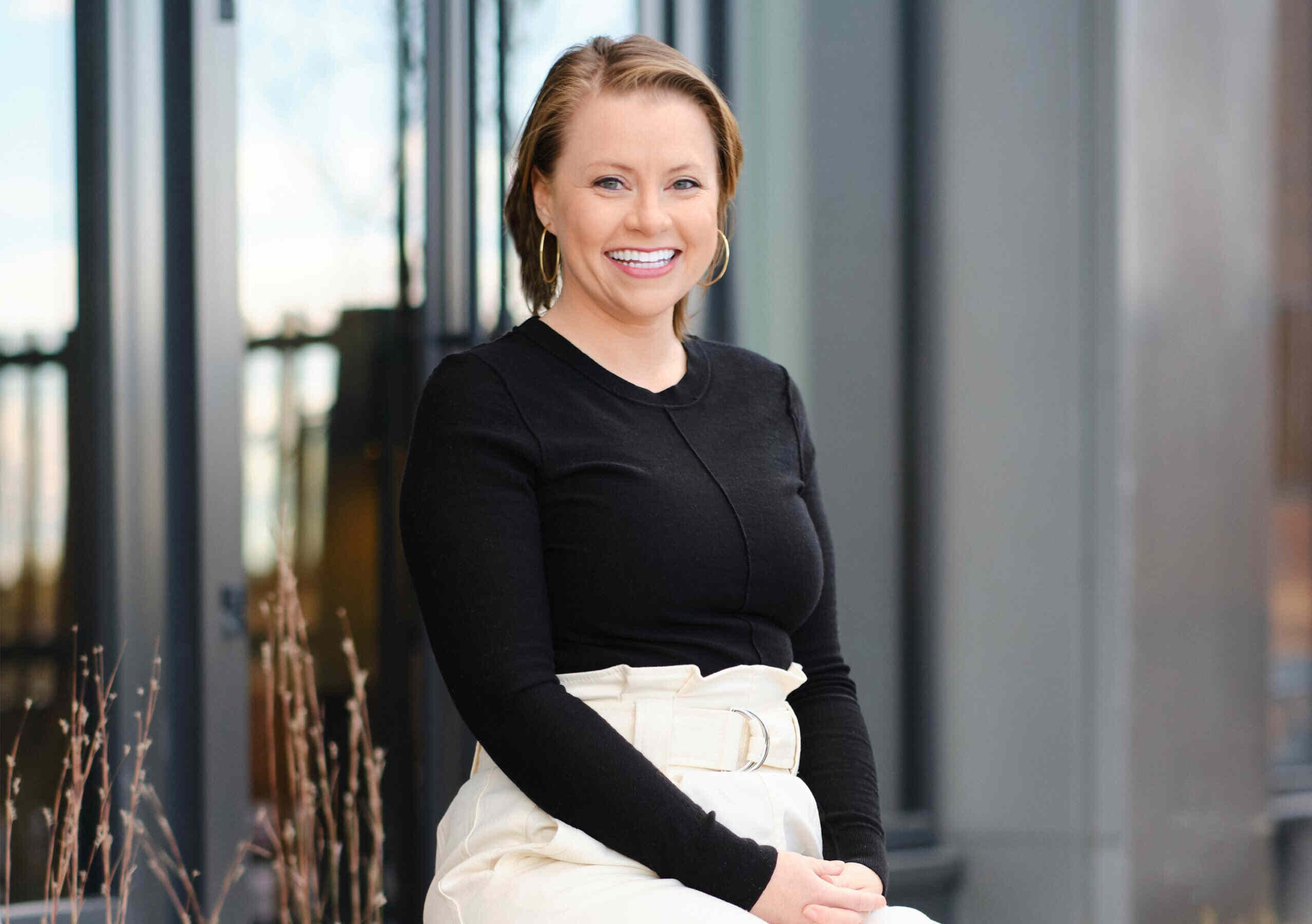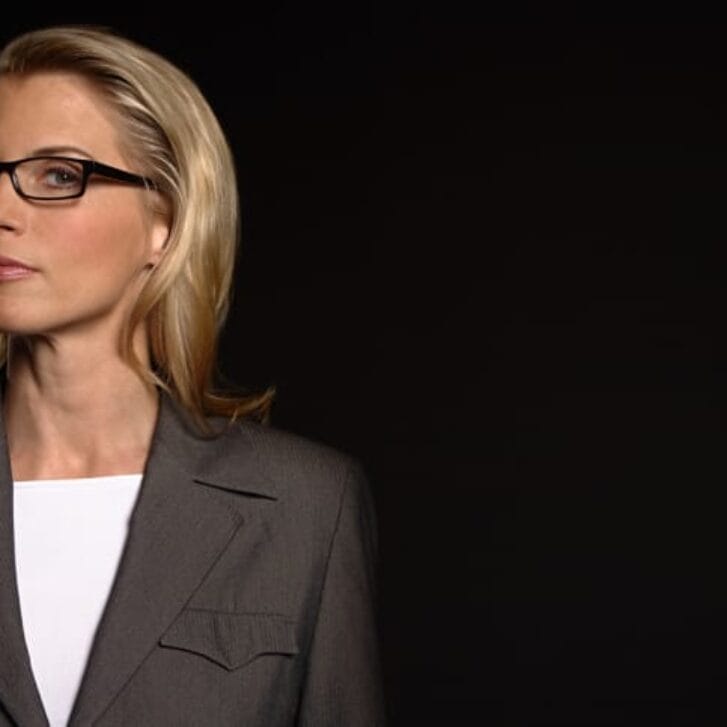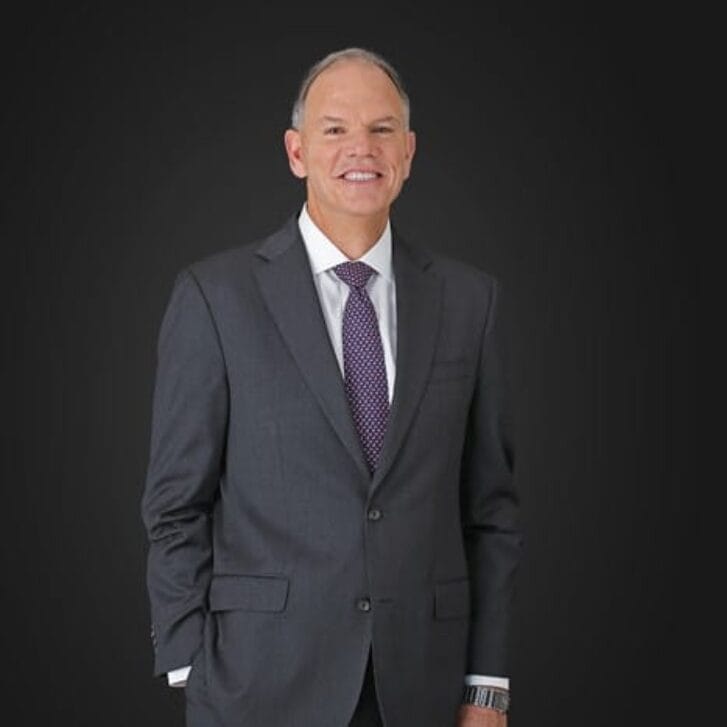At least as conventional wisdom describes cancer, the disease is a curse. Liya Shuster-Bier WG17, a two-time cancer survivor and the founder of cancer-care startup Alula, has a profoundly different take. “I view cancer as one of the greatest gifts I’ve ever received,” she says, “because it’s made the most important things in life clear to me.”
Founded in 2019, Alula initially served as an online marketplace for cancer care products, ranging from clothes with zippered ports for chemotherapy infusions to lollipops that relieve nausea. “More and more people are surviving cancer,” says Shuster-Bier. “But they are left with longitudinal medical needs that impact their quality of life and create medical care that they’re going to need for the next 10 to 20, 30 years of their life.”
The seed for Alula was planted a few months after Shuster-Bier enrolled at Wharton. “My mom got diagnosed with breast cancer,” Shuster-Bier recalls, and needed treatment at the University of California, San Francisco. “That completely changed my trajectory at Wharton.”
The application deadline for Wharton’s Semester in San Francisco had already passed, but, with special permission from the dean, Shuster-Bier soon found herself juggling classes and networking events in the Bay Area with helping her mother recover from surgery. Shuster-Bier also noticed that a conspicuous amount of caretaking fell on the shoulders of complete novices like her and her father: “I started to piece together phase one of Alula, which was aggregating in a singular spot all of the medical supplies—and medical-adjacent supplies—that patients needed to recover from mastectomies, lumpectomies, chemotherapy, and radiation.”
When Shuster-Bier returned to Philadelphia, her perspective on life had changed. “When someone in your life gets diagnosed with cancer, you realize the fragility of life,” she says. “It helped me feel permission to really listen to myself.” She took classes in leadership and entrepreneurship, with an eye on long-term life goals.
After Wharton, Shuster-Bier dreamed of taking an entrepreneurial route. Then, just six months after graduation, came the news she never expected to hear: Shuster-Bier was diagnosed with non-Hodgkin’s lymphoma, and couldn’t help but see parallels to her mother’s experience. “I was having the same pain points as my mom,” Shuster-Bier recalls. She started interviewing her fellow patients at Memorial Sloan Kettering Cancer Center in New York City, her hours of chemotherapy doubling as a form of data collection. “I started to build conviction that something like Alula needed to exist.”
In trying to ideate a startup from her hospital bed, Shuster-Bier found her proximity to graduating from the Wharton MBA Program an unexpected boon. “Because I had just come out of Wharton and had just built up all these new skill sets and knew that, if there was something I didn’t know, that I was a phone call or a LinkedIn message away from somebody who did, I had the confidence to go ahead.”
Alula takes its name from the Latin word for the small wing structure that helps birds handle turbulence when landing. “There’s no better way to describe what patients need during cancer treatment,” says Shuster-Bier, whose cancer returned but is now in remission. “They are looking to manage the turbulent air that came at them from nowhere and just trying to land on their feet.”
After initially building Alula’s online marketplace, Shuster-Bier has shifted to adding a clinical layer to the business, working in tandem with medical professionals. “You encounter unbelievable insights from your customer base,” says Shuster-Bier. “We plan to offer direct health care services to our patients based off pilots we’ve run to understand the clinical care that’s missing from our patients’ oncology journeys.”
For Shuster-Bier, the ability to empathize with customers comes not just from data or her own cancer diagnosis, but a lifetime of seeing how the right investments can help those in need. When she was 18 months old, her family fled Baku, Azerbaijan, as part of a wave of Jewish refugees experiencing religious persecution in the former Soviet Union. After attending public school, in Queens, New York, Shuster-Bier won a scholarship to Dartmouth, where she started a microlending program for low-income women in neighboring Vermont. Dreaming of someday working at the World Bank, Shuster-Bier made her way to Wall Street, helping launch some of the nation’s first social impact bonds. A few years later, she enrolled at Wharton, hoping to make change at an even bigger scale. “Landing at places like Dartmouth and Wharton and Goldman,” Shuster-Bier says, “you think a lot about access and why me.”
Alula has already raised millions in venture capital, but for Shuster-Bier, her experience in business is less about big moments—closing a funding round, launching a new product—than addressing unmet needs. “For most of medical history, cancer treatment has focused on treating tumors,” she says. “We’re looking to address everything but the tumor.”

























